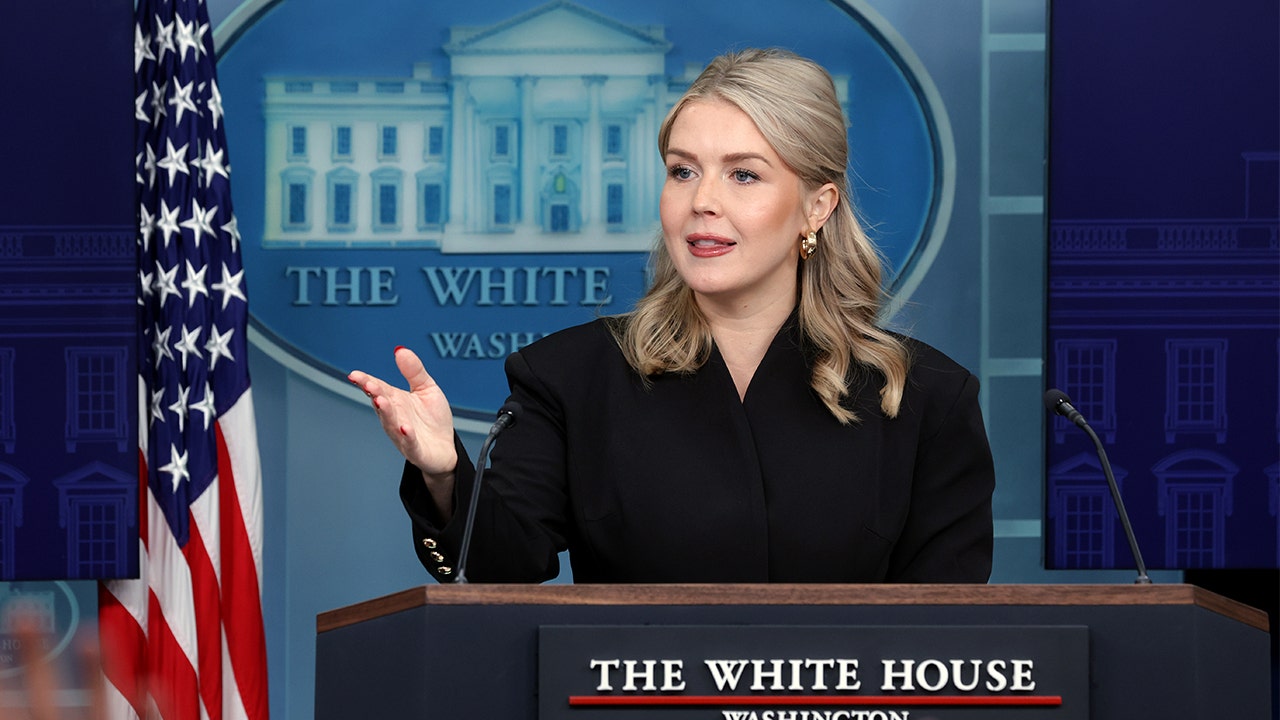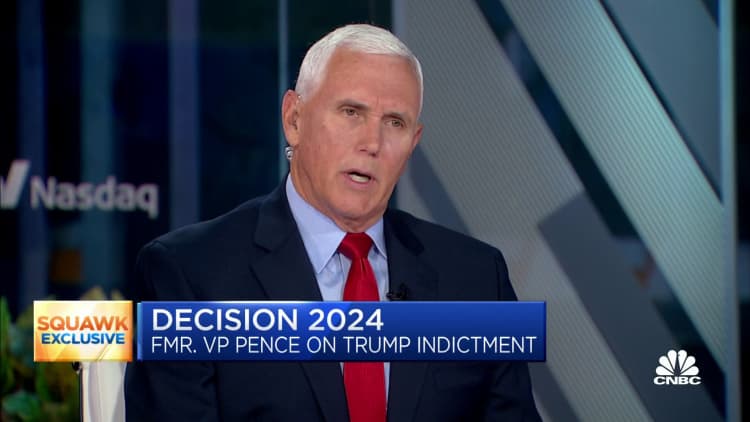
A bipartisan group of senators on Wednesday introduced legislation blocking the transfer of Americans’ data to countries deemed a threat to U.S. national security.
“Our bipartisan bill would turn off the tap of data to unfriendly nations, stop TikTok from sending Americans’ personal information to China, and allow nations with strong privacy protections to strengthen their relationships,” said Sen. Ron Wyden (D-Ore.) who wrote the new bill along with Sen. Cynthia Lummis (R-Wyo.).
The bill, called The Protecting Americans’ Data from Foreign Surveillance Act of 2023, makes no specific reference to TikTok or China. This may allow it to avoid First Amendment challenges and accusations of government overreach faced by other attempts to crack down on the Chinese company, an aide told CNN.
The bill orders the commerce secretary to list countries considered low-risk to U.S. national security that would be allowed to share Americans’ data, as well as high-risk countries that would face restrictions. Countries outside of the two categories would have to apply for a license.
To determine which countries are high-risk, the Commerce Department would have to evaluate data protections and determine whether the government could require access to Americans’ data. The determination also would consider whether foreign governments have intelligence operations targeting the U.S.
“The privacy and security of our data is essential to the freedoms we hold dear. If foreign adversaries can access our data, they can control it,” Lummis said in a statement.
The legislation is co-sponsored by Sen. Sheldon Whitehouse (D-R.I.), Sen. Bill Hagerty (R-Tenn), Sen. Martin Heinrich (D-N.M.), and Sen. Marco Rubio (R-Fla.).
Reps. Anna Eshoo (D-Calif.) and Warren Davidson (R-Ohio.) have introduced a version in the House.
TikTok, owned by ByteDance, has been under intense scrutiny over its ties to China. The Biden administration has warned the social media company it could be banned from the U.S. unless it is sold.
The company has maintained it is committed to user safety and has spent over $1 billion on a “Project Texas” initiative to route U.S. user data to U.S.-based servers owned by software company Oracle.
Earlier this month, Sens. Richard Blumenthal (D-Conn.) and Marsha Blackburn (R-Tenn.) called on CEO Shou Zi Chew in a letter to “correct and explain” his statements following a report contradicting his claim that the company isn’t storing U.S. user data in China.
They referenced, among other things, a Forbes article reporting that TikTok has used China-based storage for sensitive data, including Social Security numbers, of prominent U.S. TikTok creators paid by the company.
Chinese companies and those operating within China are required by law to share data with the government if requested. Proponents of a U.S. ban have said that could force TikTok to share U.S. user data with Beijing.
Montana recently became the first U.S. state to impose a statewide ban on the platform, which is set to take effect in January 2024. TikTok has sued to block the law on First Amendment grounds.

























































